Civic Digital Literacy
The average student spends over 8 hours a day outside of school online. While the next generation of digital natives is confident as they swap between social media apps and introduce the newest trend, that does not guarantee that they have the skills needed to navigate misinformation, disinformation, and AI-generated content.
Developed in partnership with the digital literacy experts at the Digital Inquiry Group, Civic Digital Literacy is a collection of nonpartisan, evidence-based, classroom-ready resources that will prepare students to skillfully verify the various pieces of information they encounter online.
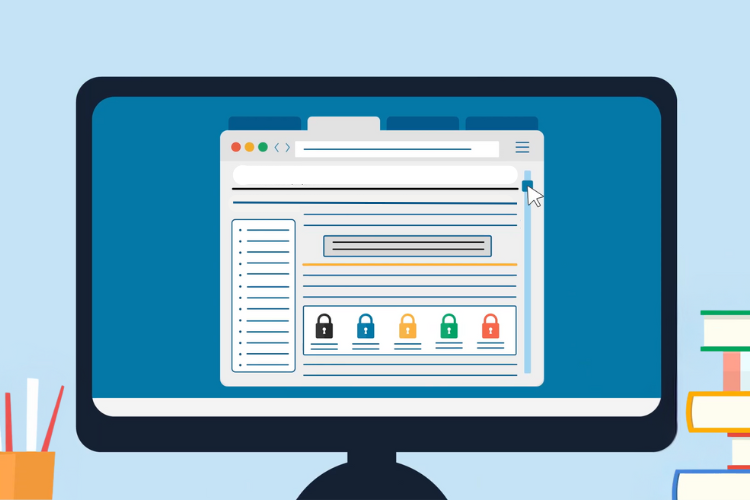
Why Civic Digital Literacy? Why Now?
Part of providing students with access to quality information is teaching them the skills needed to identify and recognize trustworthy information. Civic Digital Literacy does just that! These classroom resources are exclusively focused on digital literacy as it relates to our democracy and can be woven into your curriculum where you need them.
Navigate online spaces
Equip students with the tools they need to navigate online spaces and find trustworthy information within the rapidly changing digital landscape.
Develop critical thinking
Support students in identifying and discerning credible information online as a critical component of being an informed and engaged member of a democracy.
Build digital literacy
Teach students essential skills, such as lateral reading, for digital discernment and civic participation.
Lesson Plans
Discover step-by-step teacher instructions and learning objectives with lesson plans created to be relevant to your students’ media consumption habits.
The first half of each lesson introduces a skill or concept and explores why it is important. The second half provides students with opportunities to practice what they have been taught. These lesson plans are flexible, can easily be incorporated anywhere in your curriculum, and can be completed in a single class period.
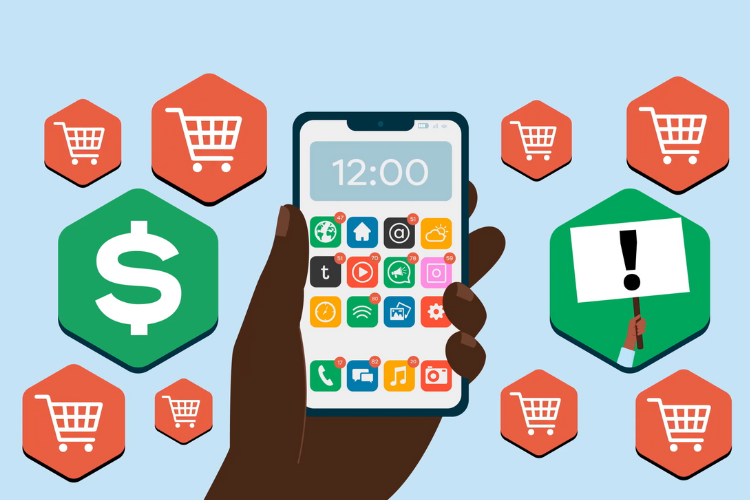
Sponsored Content: Who's Paying?
Is that article original content or is it a sponsored ad? In this lesson, students learn why sponsored content is designed to be so hard to spot.
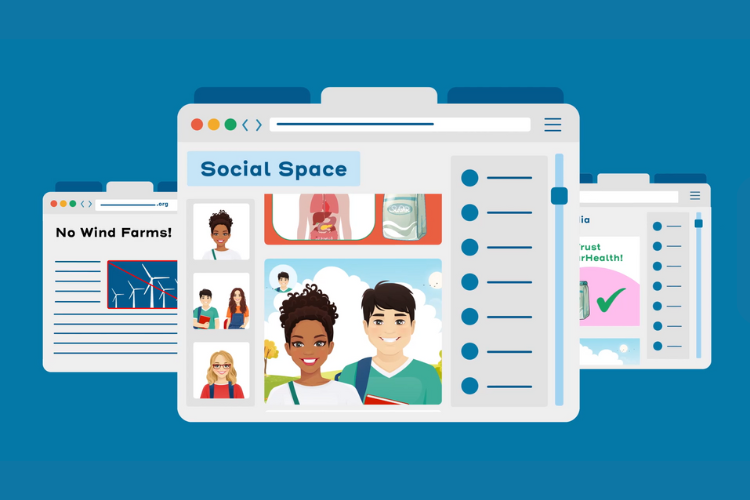
Verifying Social Media Posts
Ever spot an online post that seems too good to be true? In this lesson, students learn that validating a social media post isn’t as easy as it looks.
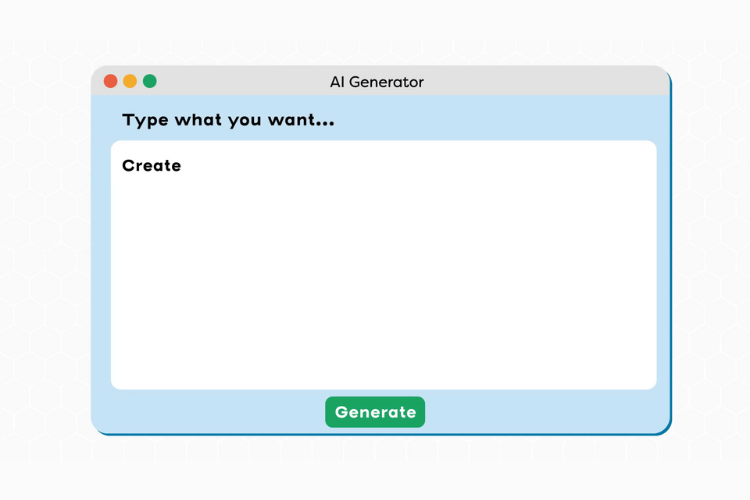
Artificially Speaking: AI Chatbot Claims
Chatbots are pretty impressive, but are they really as smart as they seem? In this lesson, students learn how chatbots produce information.
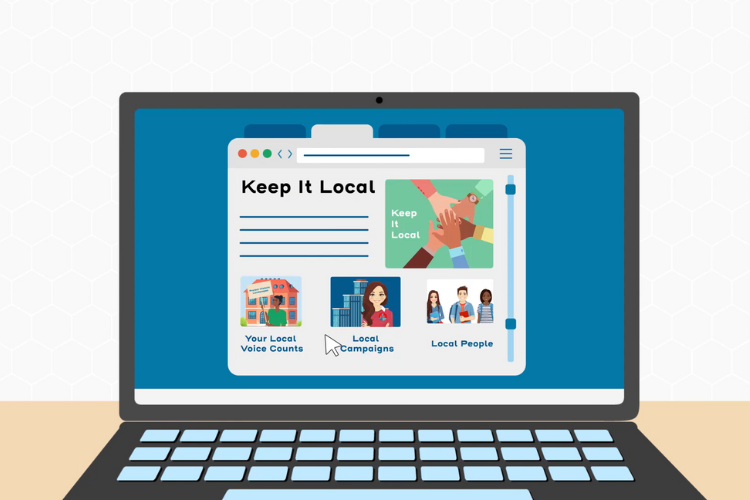
Lateral Reading About Interest Groups
Some interest groups use cloaked websites to disguise their true intentions. Students consider why information from interest groups matters politically.
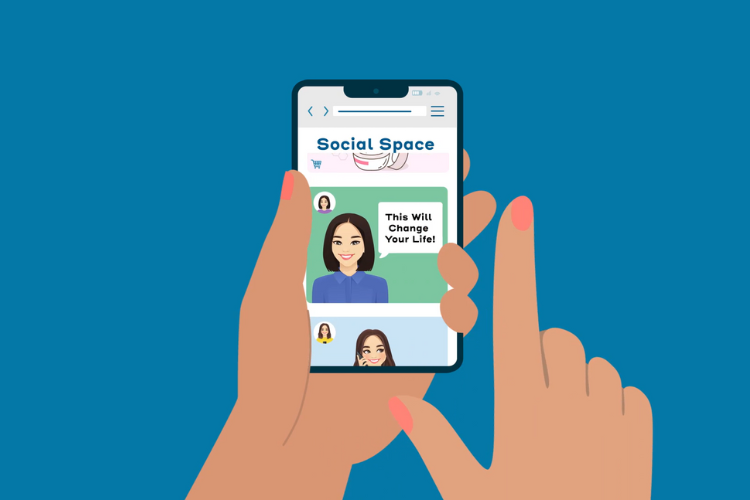
Perspective and Authority on Social Media
Who’s really behind that post? Students learn the importance of determining who’s behind the information they see and what their motive is.
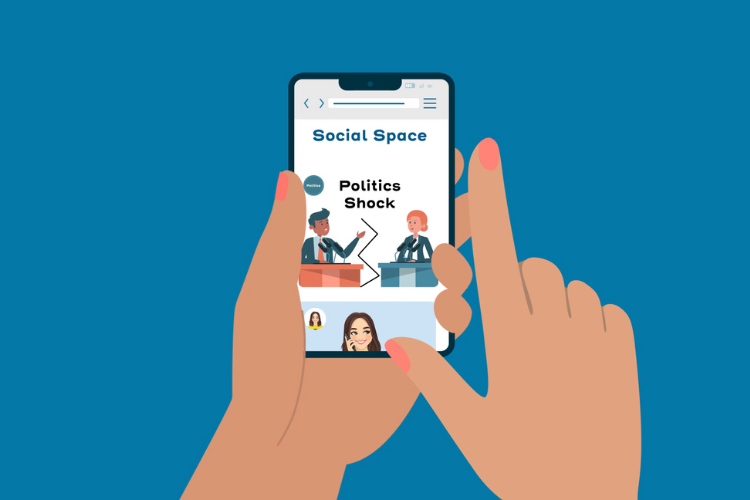
Evaluating Political Claims with Photos
Photos can be a powerful political resource. In this lesson, students learn how evaluating photos on social media can help them conserve their attention.
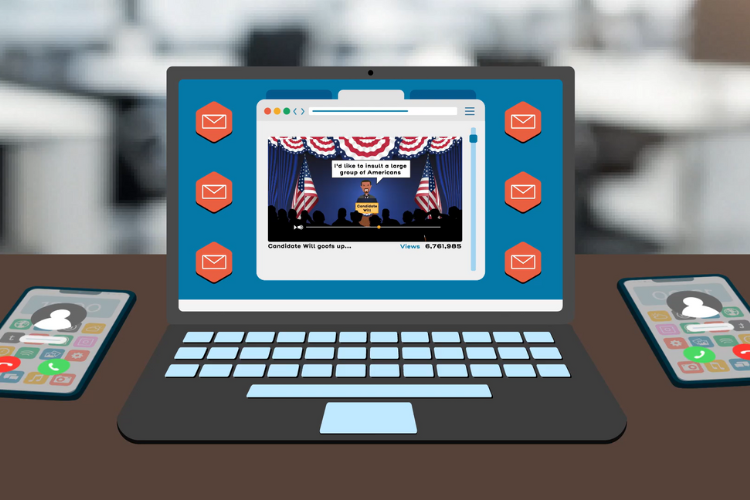
Truth or Trick: Videos and Their Influence
Videos have a way of grabbing your attention. In this lesson, students learn how videos also have the power to shape opinions, behaviors, and trends.
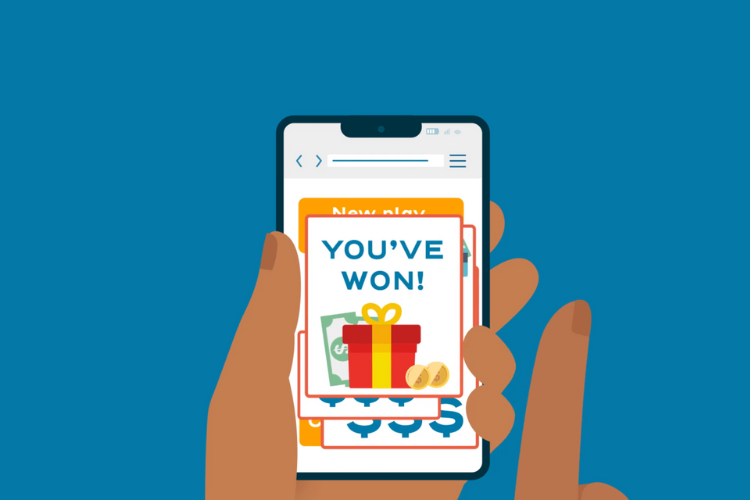
Think Before You Click!
It can be hard to determine what is a reliable source and what’s fake news. In this lesson, students learn the importance of avoiding clickbait.
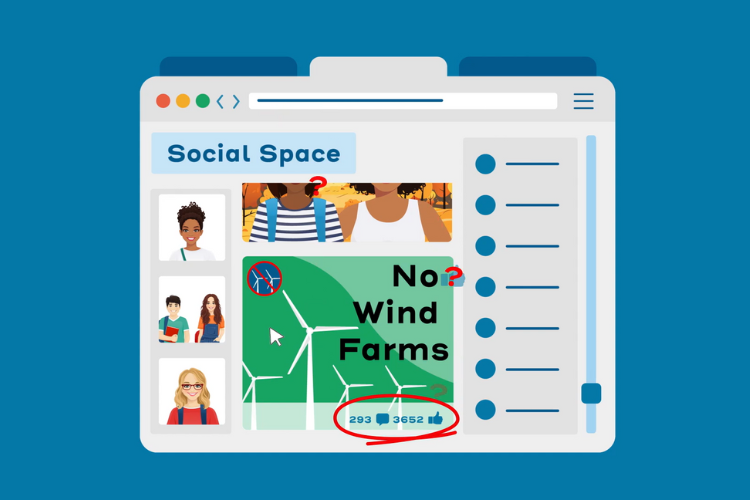
Is It Sketch? Verifying Social Media Posts (Executive Branch)
In this lesson, students learn to use reputable news sources to investigate social media posts about the executive branch.
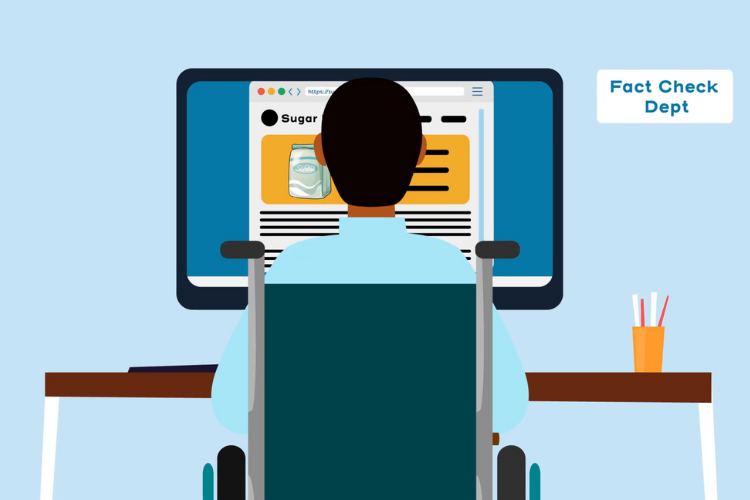
Is that a Fact? Lateral Reading with Fact-Checking Websites
In this lesson, students learn about fact-checking outlets and use them to verify claims about current events.
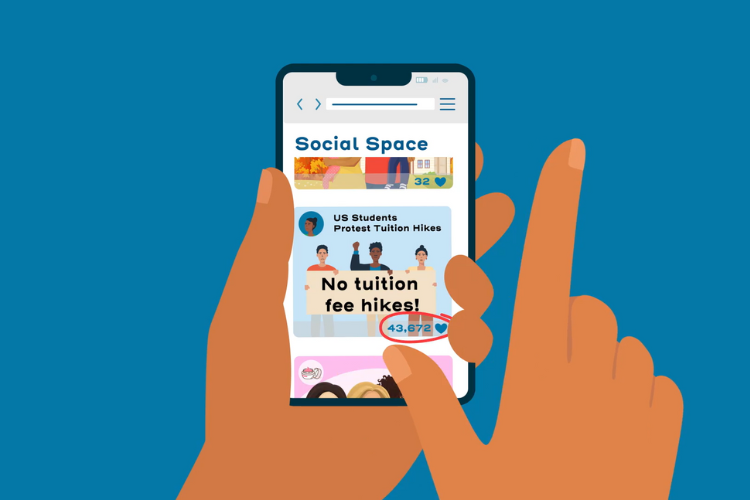
Is It Sketch? Verifying Social Media Posts (Legislative Branch)
In this lesson, students use lateral reading and keyword searches to investigate social media posts about the legislative branch.
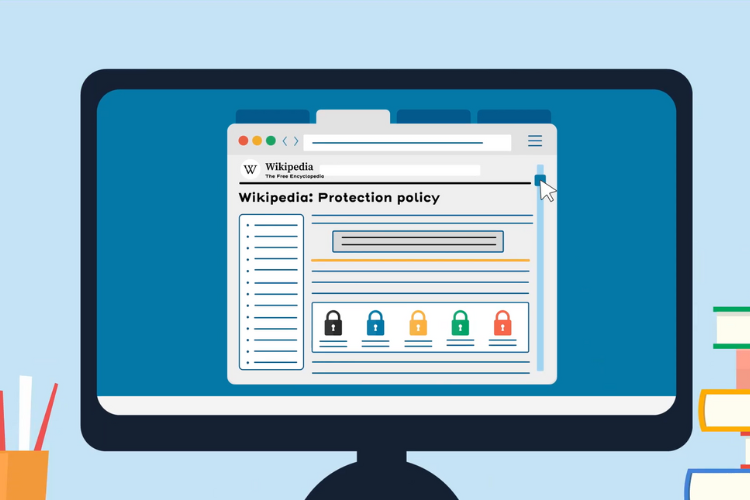
Evaluating Wikipedia Articles on the Judicial Branch
Wikipedia is often a top search result, but should you trust it? In this lesson, students learn about how Wikipedia works.
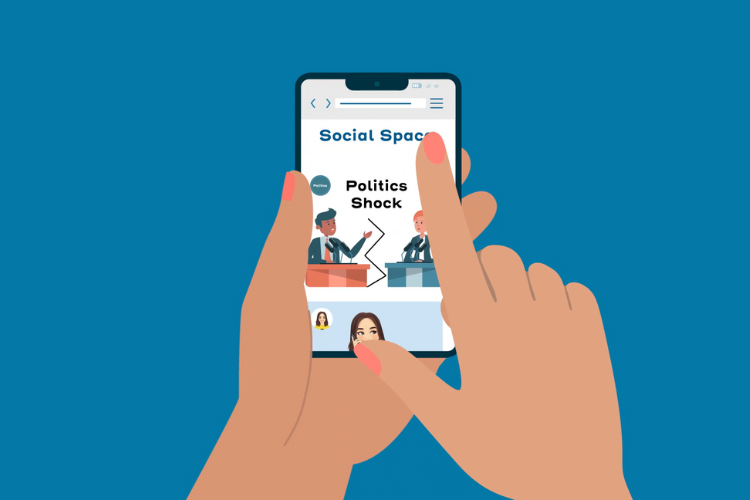
Is it Sketch? Verifying Social Media Posts (Judicial Branch)
Misinformation about the courts can have serious consequences. In this lesson, students learn strategies for investigating social media posts.
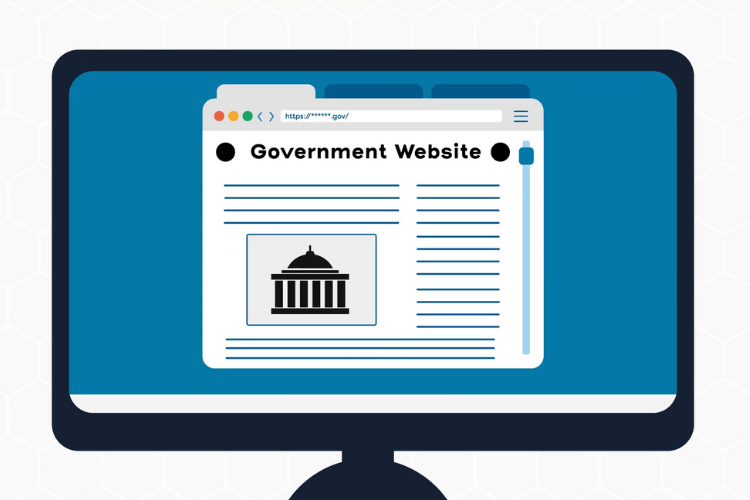
What URLs Do and Don't Tell Us
Our notions about URLs are often unfounded. In this lesson, students learn what URLs can and cannot tell them about a website.
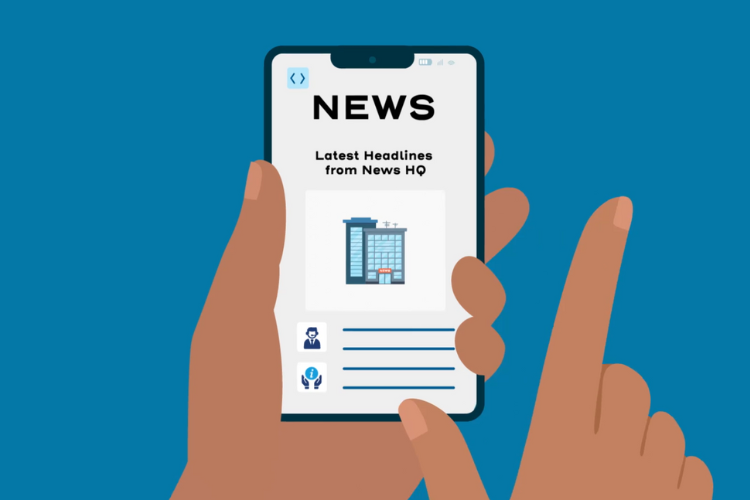
State-Controlled Media
In this lesson, students learn the difference between and investigate the credibility of state-controlled and government-supported media.
Videos for Students
Engage your students with short videos that act as springboards for deeper learning and conversation. Each video features a call-to-action question to encourage students to reflect on and discuss the content.
This collection of short videos can be used as bell ringers or seamlessly woven into your class where you need them and as time allows. Teach beyond the video with the accompanying video guides, which include additional resources, lesson ideas, and activities that can be adapted for a variety of classroom settings.
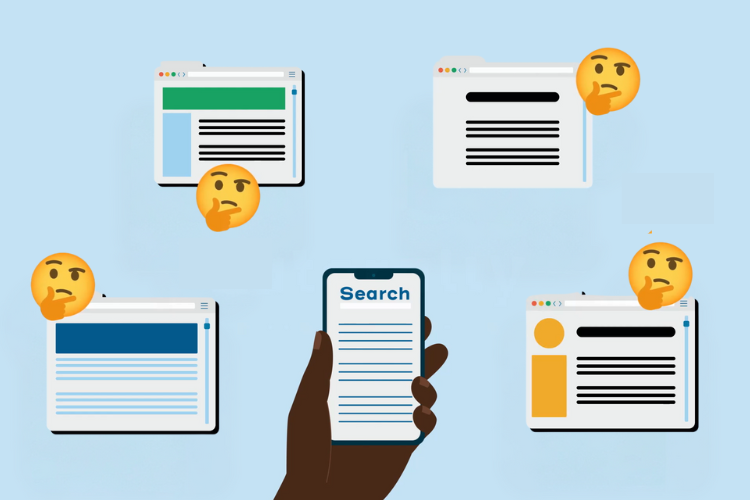
Intro to Lateral Reading
In this video, students learn about lateral reading, a strategy used by fact-checkers and skilled internet searchers to verify information online.
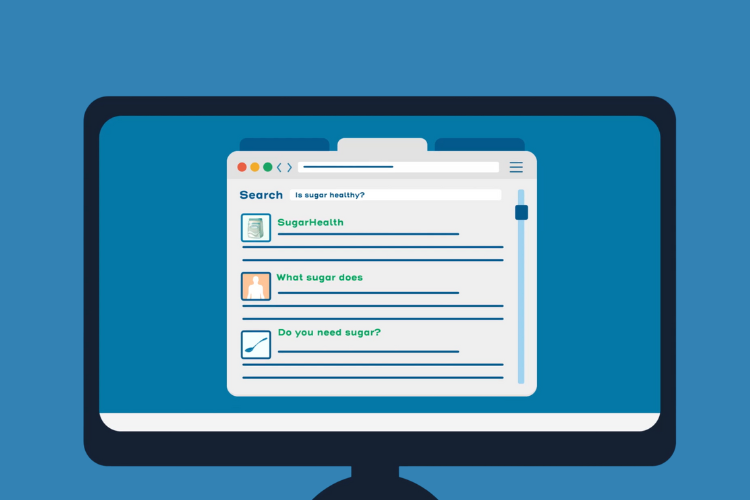
Algorithms at Work
In this video, students explore how social media and search engine algorithms work.

Considering Authority and Perspective
In this video, students discover how a source’s authority and perspective impact what it says.
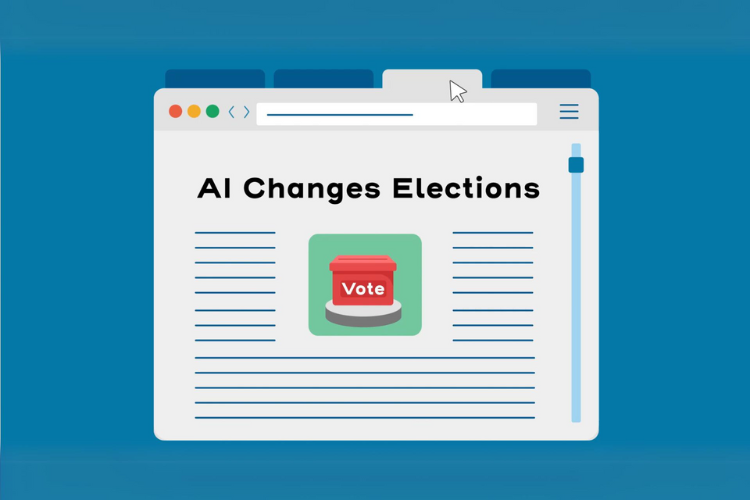
How Artificial Intelligence Could Influence Elections
In this video, students explore the role that AI could play in influencing our elections.

Interest Groups and Cloaked Websites
In this video, students explore how interest groups use cloaked websites to influence public policy and shape public opinion.
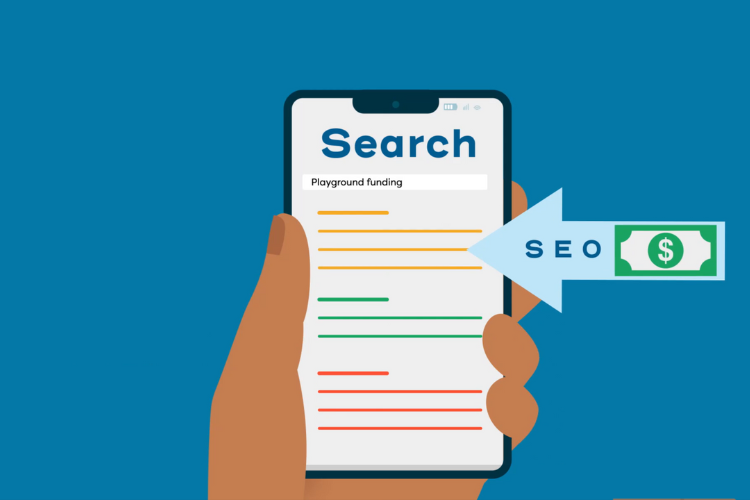
To Click or Not to Click
In this video, students learn how practicing click restraint helps them avoid interactions with untrustworthy sources.
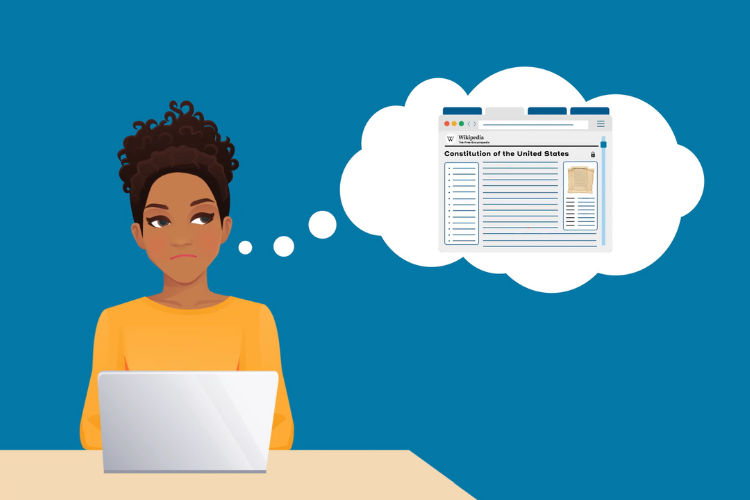
Using Wikipedia Well
In this video, students explore how Wikipedia protects its articles from vandalism and misinformation and explore strategies for using it well.

Verifying Claims on Social Media
In this video, students learn the process for evaluating the trustworthiness of a post’s source and the authenticity of its claim.
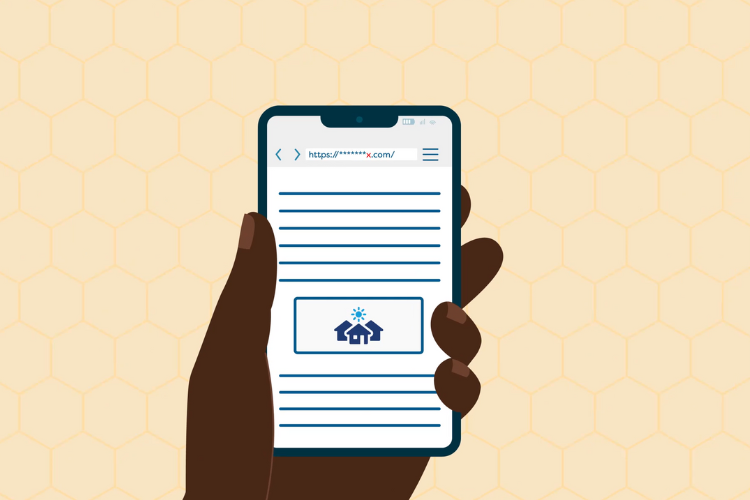
What URLs Do and Don't Tell Us
In this video, students explore the importance of identifying who’s behind a website and how to verify its trustworthiness.
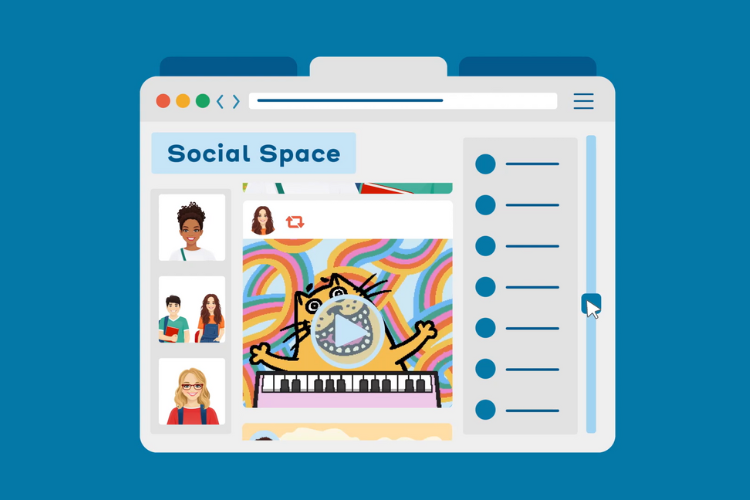
What's Worth Your Attention
In this video, students learn about attention conservation and explore the importance of verifying information online.
Professional Development Videos for Teachers
As you continue to engage with online content, the ability to identify and discern credible information online is just as important for you as it is for your students.
Equip yourself to be more effective in teaching and understanding the key pillars of digital literacy with professional development videos made just for you. These short professional development videos address myths about information consumption and provide you with the latest tools for finding quality information online.
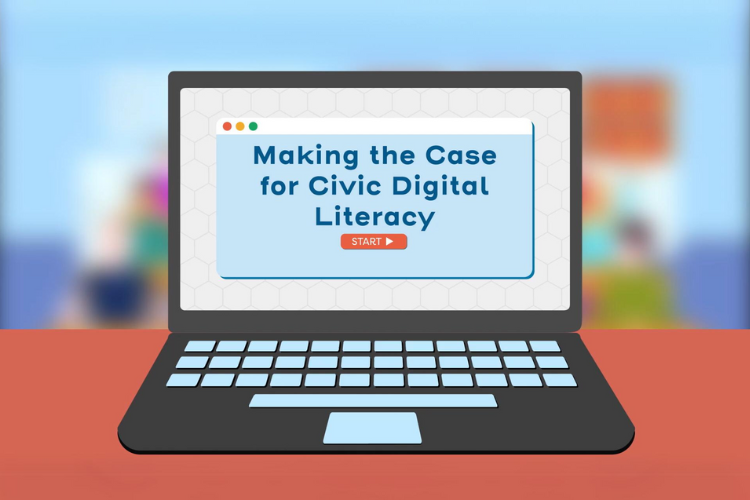
Making the Case for Civic Digital Literacy
Studies have shown that students who are taught the same strategies used by professional fact-checkers are better equipped to discern online information.
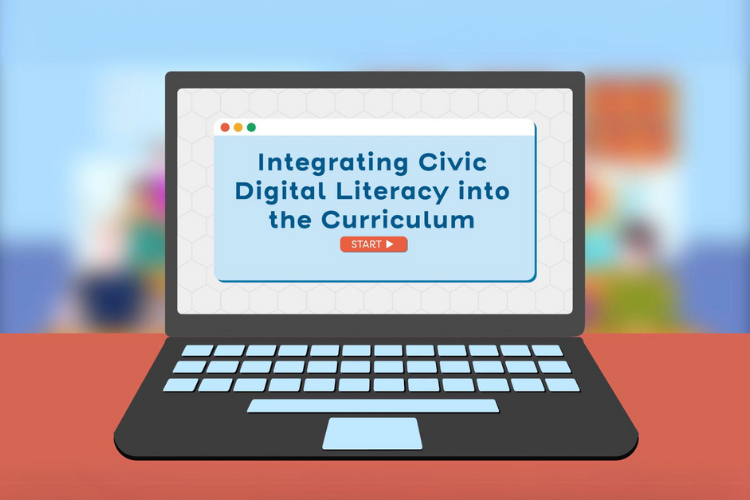
Integrating Civic Digital Literacy into the Curriculum
Being civically informed and engaged requires students to be able to navigate online spaces effectively.
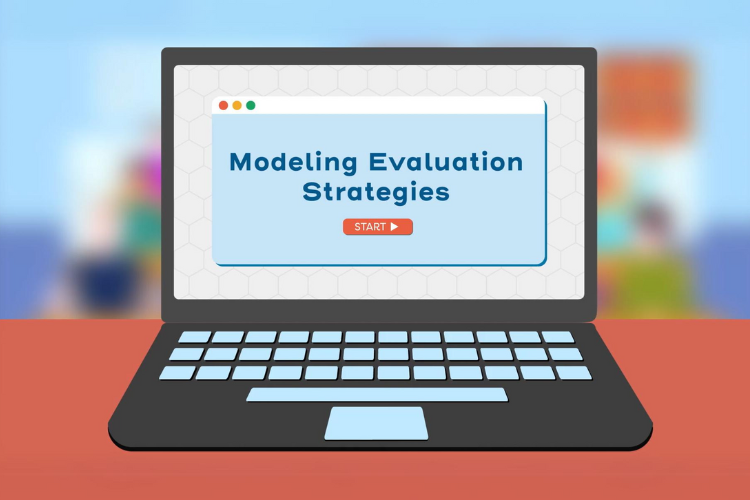
Modeling Evaluation Strategies
Discover a simple five-step process for modeling lateral reading with your students.
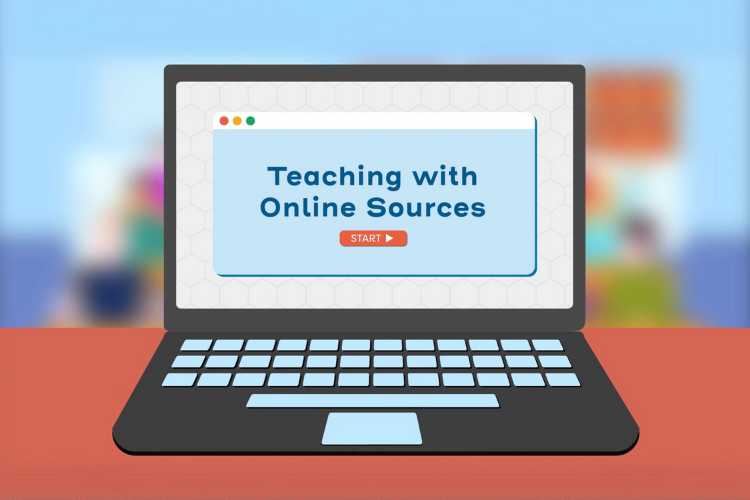
Teaching with Online Sources
Explore three key points to consider when teaching students to become skilled at finding trustworthy information online.
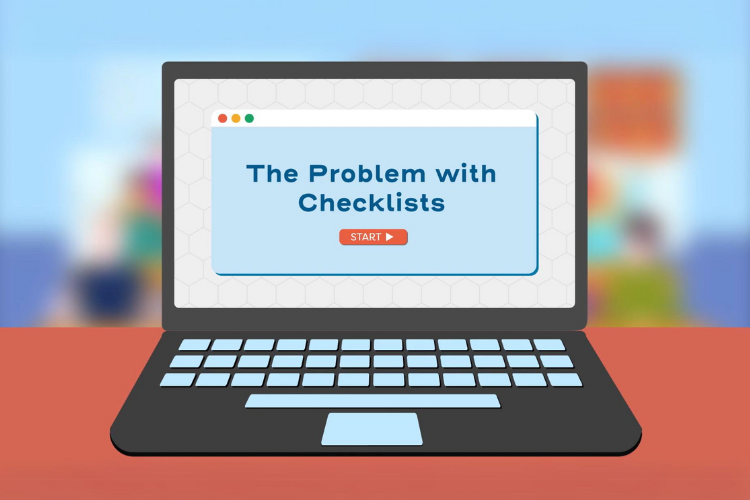
The Problem with Checklists
Checklists lead students astray by recommending ineffective strategies. Discover the importance of investigating who is behind a specific source.
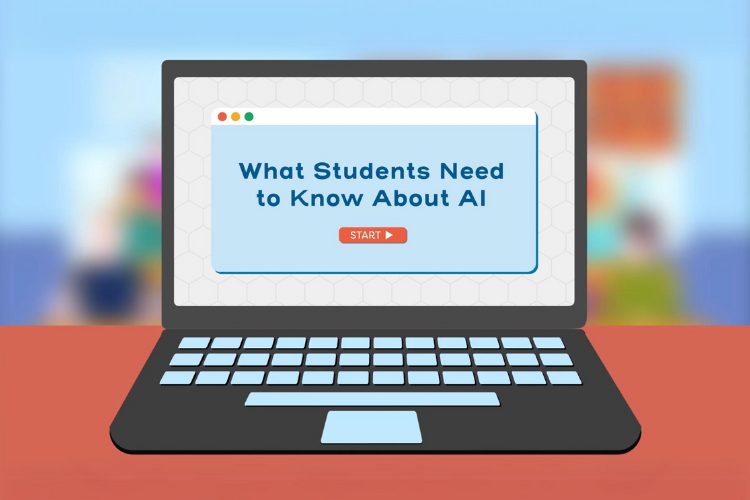
What Students Need to Know About AI
Being prepared for civic life includes being equipped to harness AI’s potential and avoid its pitfalls.

Developed in partnership with the experts at the Digital Inquiry Group
iCivics and the Digital Inquiry Group partnered to create Civic Digital Literacy because they share a commitment to making nonpartisan, evidence-based, classroom-ready materials for educators.
Established by the team behind the Stanford History Education Group and founded by Joel Breakstone and Sam Wineburg, the Digital Inquiry Group contributed their extensive expertise in both digital literacy research and classroom implementation.
